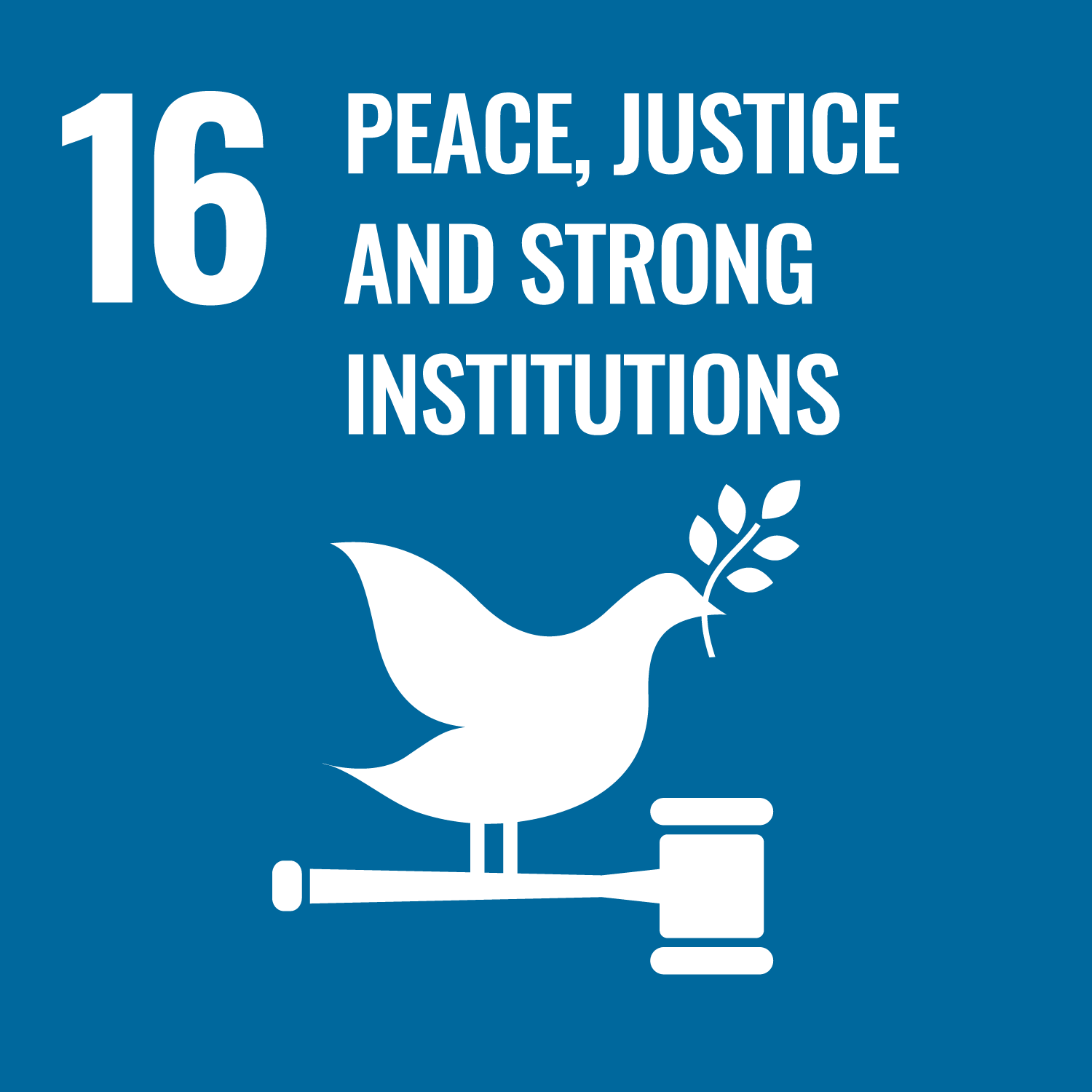Peacebuilding

We will contribute to building resilient countries and societies that prevent conflicts from occurring or recurring in order to realize a peaceful society where no one is left behind.
JICA contributes to building resilient countries and societies that prevent violent conflicts from occurring and recurring, and towards realising peaceful and inclusive societies. To this end, JICA takes a Human Security approach that combines protection, empowerment, and solidarity with the aim of reducing the risk of conflict and strengthening the capacity of countries and societies to respond to crises.
The number of armed conflicts worldwide has increased again since about 2015, reaching a record high of 59 in 2023, with more than 120,000 people being killed annually. Most conflicts, especially after 2015, are either intrastate conflicts or internationalized intrastate conflicts that spread to neighboring countries or involve the intervention of third countries.
During the COVID-19 crisis, conflicts and riots temporarily decreased due to the lockdown and other factors, but in recent post-COVID years, trends show situations are further deteriorating due to dissatisfaction with government responses, economic stagnation, and social conflicts.
There are various factors that lead to conflict, such as political, economic, and social disparities and discrimination; increasing poverty and lack of resources due to climate change and economic crisis; dissatisfaction with governments and administrations; and the influence of armed groups and violent extremism, among others.
In order to prevent conflicts, we need to create inclusive and resilient societies that can both prevent the risks that lead to such conflicts and deal with them peacefully. Specifically, it is important to provide fair and equitable administrative services in a timely manner, improve livelihoods, and create social connections.
With many conflicts becoming more protracted, the number of refugees and internally displaced persons (IDPs) has reached a record high of over 120 million. In addition, about 70% of the refugees have been displaced for more than 5 years.
Given this situation, humanitarian assistance alone cannot continue to support refugees and IDPs, and it is necessary for humanitarian, development, and peace actors to work together to address the situation over the medium to long term.
For fragile areas at risk of conflict due to armed conflict and forced displacement, we will foster trust between the government and people and among the people by providing inclusive administrative services through capacity building of local administrations and by promoting social cohesion through community activities.
To build a resilient society in the Sahel region that prevents violent conflicts from occurring and recurring, we will strengthen the capacity of the government, build trust in the government and the people, improve social and community resilience, and promote international cooperation.
Through expanding the area of landmine and UXO clearance and promoting risk education, we will reduce the risk of damage caused by landmines and UXOs, and promote social participation through the provision of necessary services to victims. To this end, we will work with the Cambodian Mine Action Center to strengthen the capacity of affected countries.
Leveraging our knowledge and strengths as a development organization, we will promote (1) inclusive and peaceful coexistence in host communities and (2) safe and voluntary return of forcibly displace persons to their areas of origin through the humanitarian, development, and peace nexus approach.
Pamphlet “JICAʼs Initiatives for Refugee Situations: Leveraging the Potential of Development Cooperation” (PDF/2.05MB)
scroll